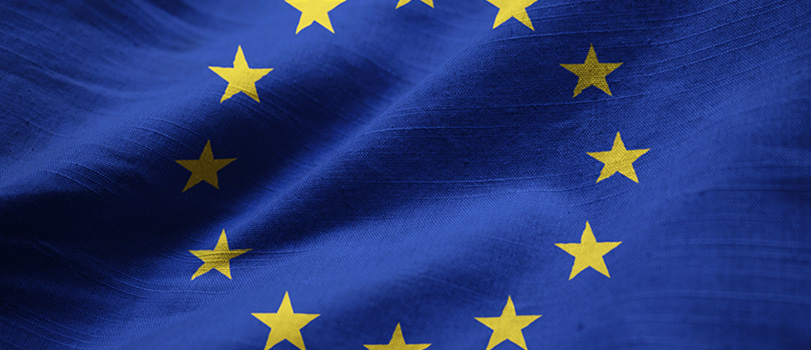EU to Repeal and Replace Regulation on Recycled Plastic Food-Contact Materials

The European Commission (EC) has issued a draft Regulation that would repeal and replace Regulation (EC) No 282/2008 on recycled plastic materials and articles intended to come into contact with foods.
Over 230 processes have been evaluated by the European Food Safety Authority (EFSA) to date. The draft Regulation, when adopted, will serve as the legal basis for the authorization decisions for recycling processes, which will be drawn up thereafter by the EC.
In a December 16 and a December 17, 2021 webinar on the new draft Regulation on recycled plastic materials and articles intended to come into contact with foods (draft Recycled Plastics Regulation), the EC explained that EFSA had received more applications/petitions than expected and they took longer to evaluate than expected.
The draft Recycled Plastics Regulation focuses on decontamination and defines “recycled plastic” as “plastic resulting from the decontamination process of a recycling process and plastic resulting from subsequent post-processing operations and that is not yet transformed into recycled plastic materials and articles.” Demonstration of safety at three levels (recycling technology, recycling process, and recycling installation) will be required.
In accordance with the current wording of the draft Recycled Plastics Regulation, recycled plastic may only be placed on the market if it is manufactured using a “suitable technology,” which are recycling technologies that have been reviewed by the EFSA and approved by the EC for use in manufacturing recycled plastics for food-contact. Suitable technologies, which currently are restricted to mechanical PET recycling and closed loop recycling, are listed in Annex 1 of the draft Recycled Plastics Regulation. Mechanical PET recycling processes will be subject to authorization under the same rules as specified in Regulation (EC) 282/2008. In addition, closed loop recycling will not be subject to individual authorization in accordance with the draft Recycled Plastics Regulation.
Recycled plastic using “novel technologies” will be allowed on the EU market (subject to certain limitations) without prior approval for the purpose of data collection. Such technologies would be subject to demanding data reporting requirements for a period of 2 to 6 years before undergoing EFSA and EC review with the goal of becoming a “suitable technology.”
- During the webinar, the EC specifically addressed certain technologies. For instance, the technologies below will be considered to be novel technologies:
- HDPE mechanical recycling technology since currently there is insufficient data to determine if they are suitable;
- Chemical depolymerization since only complete depolymerization into monomers is exempted;
- Barrier layers can stay on the market subject to Chapter 4 of the draft Recycled Plastics Regulation (i.e., manufacturers would need to prove that these barrier layers work; and
- Virgin/unused off-cuts and scraps, if they are not waste, may be reprocessed either under Regulations (EU) No 10/2011 or (EU) No 2023/2006.
The draft Recycled Plastics Regulation includes certain transitional provisions. For example, if an application for a process is subject to authorization (i.e., mechanical PET recycling) and submitted within six months of entry into force of the draft Recycled Plastics Regulation, the process can remain on the market until the authorization decision.
Comments were due on the draft Regulation by January 18, 2022.